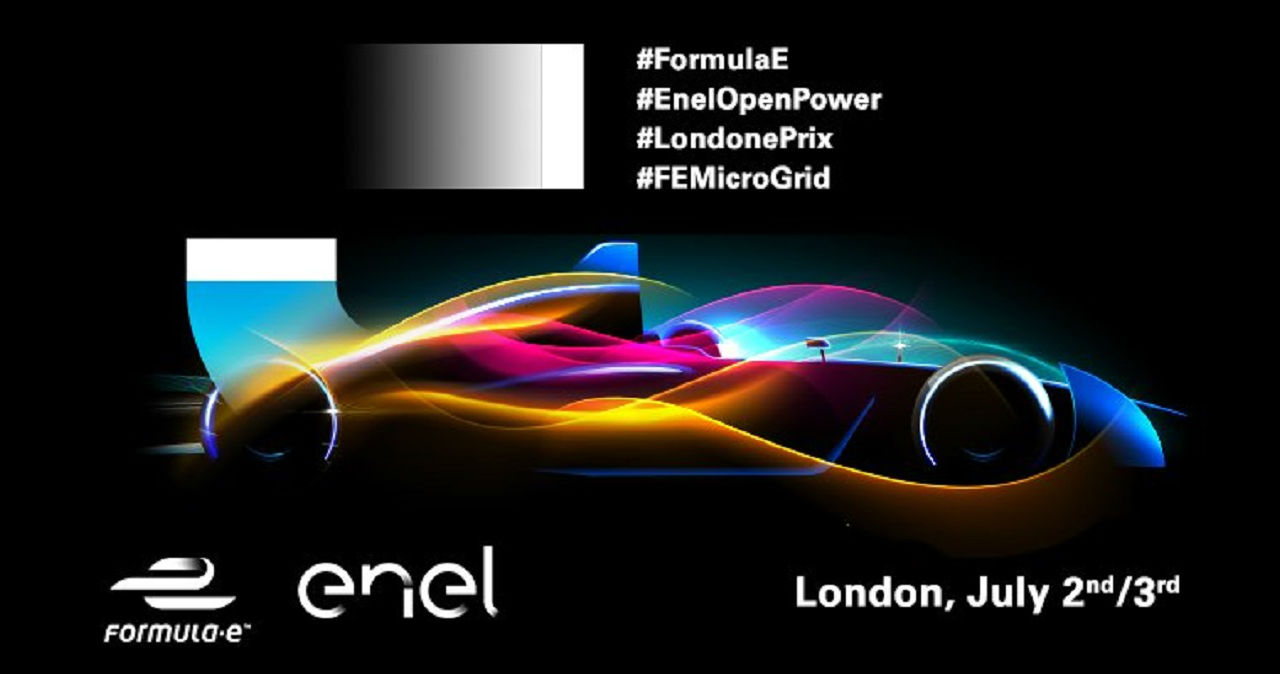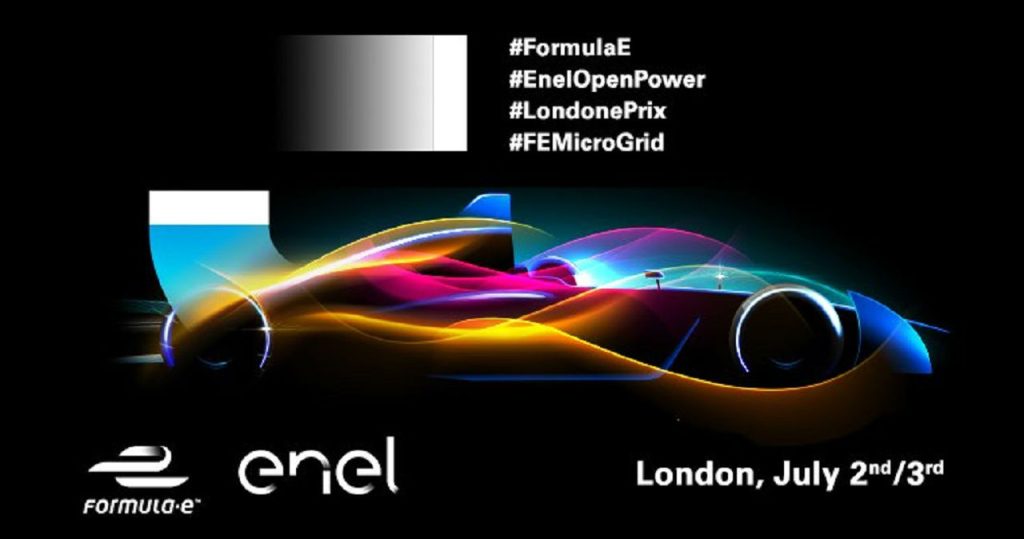According to data released by the International Energy Agency (IEA) in the recent edition of the Global EV Outlook 2016, there are over 1.2 million electric vehicles on the world’s roads today, of which 477,000 units sold in 2015 alone. E-cars are becoming evermore popular with consumers.
According to the report, which analyses data on battery-electric, fuel-cell vehicles and plug-in hybrids, growth was concentrated aboveall in what has become the world’s largest e-car market, and namely China, followed by the United States, the Netherlands and Norway. The four countries account for 70 percent of electric vehicle sales worldwide.
The Agency also highlighted that electric car technology is key to reducing CO2 emissions:last year it was the only technology sector to have made the necessary progress to help achieve COP21 objectives and limit the rise of average global temperatures. And this despite the fact that innovation in the e-mobility sector is roughly 10 years behind renewable technologies such as wind and solar power.
In terms of innovation, one of the key elements mentioned by the IEA to promote e-mobility is the development of charging systems and the widespread implementation of “hubs”: infrastructures that today amount to a total of 1.450,000 the world over.
It is in this sector that the Enel Group is focusing its efforts, in order to develop innovative solutions and increase the uptake of electric mobility. In order to accelerate the testing of innovative technologies, last May Enel signed a Global Power Partneragreement with FIA Formula E, the first electric car racing series, offering Enel a testing ground for its intelligent fast charging networks and systems alongside the largest race car manufacturers involved in the development of electrically powered vehicles.
A preview of this agreement featured during the last ePrix of the season held on July 2 and 3 in London, won by Sébastien Buemi. For the first time ever Enel brought a fully digitised mini-grid to the competition. Thanks to smart metering technology and energy management, this network infrastructure allows each team to analyse their consumption data in real-time, to power their vehicles with renewable sources and to monitor power usage and supply, thus avoiding overloads.
These innovations are the result of Enel’s commitment in the field of e-mobility since 2010 to date, ranging from private and public power supply stations and faster charging systems (Fast Recharge), to the development of Vehicle 2 Grid systems that transform electric vehicles into mobile power sources that feed the grid.
In order to support the growth of the e-mobility sector, we have also promoted Open Innovation initiatives with startups that develop new solutions and automotive companies, such as Nissan and Mercedes-Benz, as well as important players involved in the development of batteries, such as Tesla and more recently the Chinese company BYD, a leading manufacturer of electric vehicles and litio1 batteries.
We also promote the spread of electric mobility through the creation of charging infrastructures and grid digitisation projects.
Enel wishes to promote the reduction of global C02 emissions by 2050: e-vehicles are the driving force of tomorrow’s revolution.


